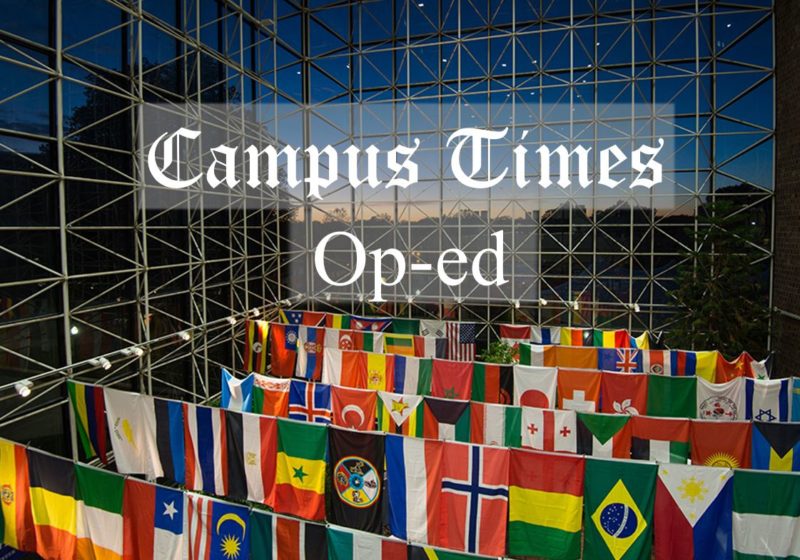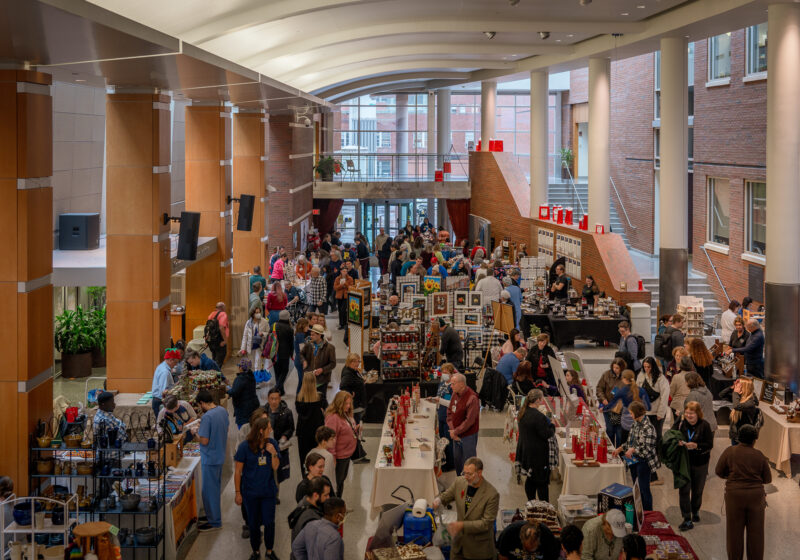When you’re a little kid, Yom Kippur mostly sucks.
You have to dress up nice (uncomfy), sit still at services all day (lame), talk to old people at synagogue (occasionally fun, though usually mind-numbing), and you don’t even get the exciting meal that comes with most Jewish holidays.
But then you get older, and you realize that the fact that it sucks is kind of the point.
Yom Kippur means “day of atonement.” It follows our New Year (more fun), and involves fasting, praying, and learning. It’s a day, starting at one sunset and ending at the next, of meditation and prayer, where you ask for forgiveness. It’s the holiest day of the year for my people.
One of the most important parts of the holiday is that it isn’t about apologizing to God. You might want to if you believe in God, but I don’t, so no apologies there. God may forgive your religious transgressions, such as impiety, but when you wrong other people, you must seek their forgiveness, not God’s.
Jewish tradition doesn’t really agree on the afterlife, but if there is a good place, every Jew agrees that prayer isn’t a free ticket in. Jews pray with our minds and mouths, but we’re also commanded by our faith to act in the best interest of ourselves and our larger communities, Jewish and otherwise. Yom Kippur isn’t just about your relationship with God, but about your actions and their effect on those around you.
When I was a little kid, I thought praying to God for forgiveness was dumb. Why pray to something nonexistent? And what is prayer?
Back then, I thought prayer was talking to God. Now, I think it’s listening to myself.
Starting Sunday evening with the prayer of Kol Nidre, I’ll fast and reflect. What have I done to hurt others? Where have I failed to help? What can I do this year to make my friends happier that I didn’t do last year? What can I do to improve the world?
I’ve been thinking about that last question a lot lately.
When Ruth Bader Ginsburg passed away last week, I felt two losses.
One was as a U.S. citizen. She championed my rights, and those less fortunate than me, for decades as a lawyer and then a justice, and the U.S. is worse off without her.
The other loss was as a Jew. She exemplified the Jewish faith. She learned as much as she could and thought deeply about every case brought before the court, especially those regarding the most important issues of our day, such as abortion and institutional racism. She used that learning to help others and to put the country on a better path.
Her family, and all those whose lives she improved, will be in my prayers on Monday. As I said, prayer for me is reflection. So I’ll reflect on how I can best remember her.
I didn’t know her personally. But I did know her work, and I remember her by continuing that. This year during my fast, I will think about how I can be a little more like RBG.
I think COVID-19 has offered a lot of people time for similar reflections. I’ve taken some opportunities to help others in the last year, but I’ve also passed by chances to make the world better.
Yom Kippur is a day of atonement, not just apology. I can’t change what I’ve done in the past, but I can think about what I did wrong, and I can do better in the future. And I hope, even if you aren’t Jewish, that you might take this day to reflect as well. The world — and you — might be better for it.





